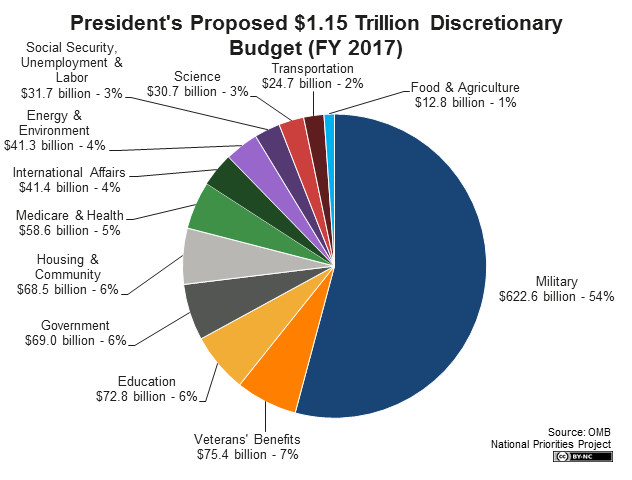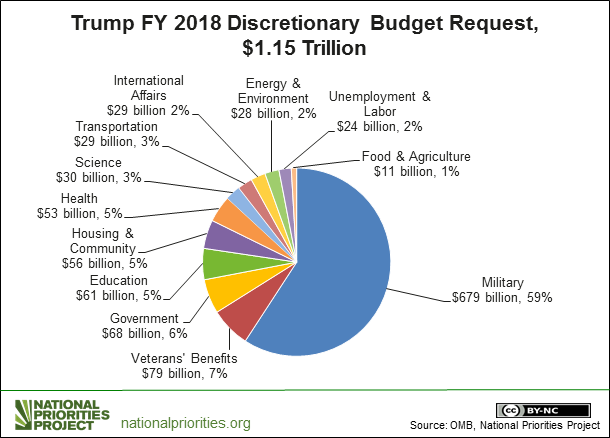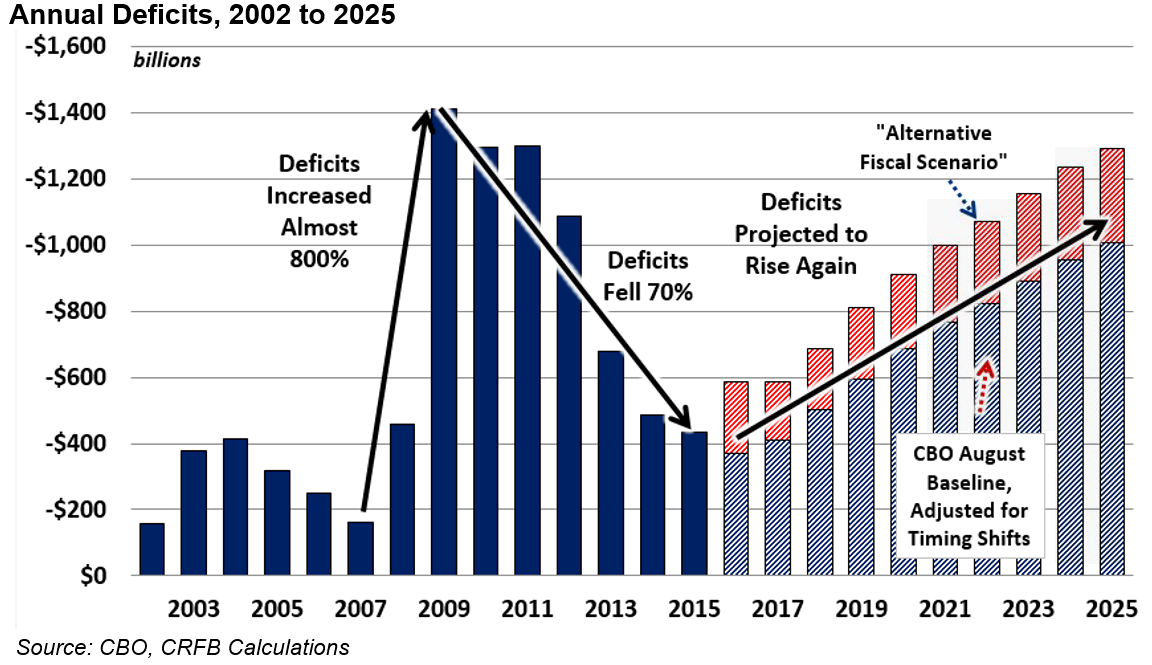Suppose Republicans wanted an across-the-board tax cut that helped both middle-class and rich people. They could’ve simply cut the 10 percent tax bracket to 8 percent, or that plus cut the 15 percent bracket to 12 percent. That helps middle- and upper-class people (though not the poor) and creates no losers. If they wanted to conform to Senate rules, they could have it all expire after eight or 10 years, just as the current legislation does. If they wanted to make it permanent, and cared deeply enough, they could’ve gone nuclear on the filibuster and passed a permanent cut with 51 votes.
But Republicans also want a lower, permanent corporate tax rate. Also doable: You can finance substantial rate cuts by removing tax breaks from the corporate code. Robert Pozen at Harvard Business School has estimated that eliminating the deductibility of interest payments on corporate debt would enable a cut in the corporate rate from 35 percent to 15 percent. If you wanted to, at the same time, allow 100 percent deductibility of all investments at the time they’re made, the rate would have to go up somewhat. But you could definitely cut the corporate rate, and pay for it permanently, by eliminating certain deductions and broadening the base. You don’t have to raise taxes or take away health care from middle-class people.
Republicans have grander aspirations than that, however. If you read the “Better Way” tax framework released by House Speaker Paul Ryan and House Ways and Means Chair Kevin Brady in 2016, you’ll see page after page of arguments for transitioning away from taxing income to taxing consumption. A lot of economists agree with that goal, even progressive ones (though others insist taxing consumption is inherently regressive).
Luckily there’s a plan in Congress that achieves that goal, is revenue-neutral, and doesn’t raise taxes on the poor or middle class. It’s Sen. Ben Cardin’s (D-MD) Progressive Consumption Tax Act. Cardin would exempt the first $100,000 of income for couples from income tax ($50,000 for singles, $75,000 for single parents), meaning that the vast majority of people would no longer pay income taxes. He'd consolidate rates to three — 15, 25, and 28 percent — and cut the corporate tax to 17 percent. That's a lower top individual rate, and a lower corporate rate, than the Senate is proposing. To pay for it, he'd introduce a value-added tax, the kind of consumption tax used in most other rich countries, and add a rebate so that poor people don’t see their taxes go up.
The plan, based on a proposal by Columbia tax law professor Michael Graetz, accomplishes basically all of Republicans’ substantive tax reform goals. It lowers income tax rates, and dramatically lowers the corporate tax. By exempting the majority of Americans from income taxes, it reduces the importance of deductions and credits. And it shifts the tax burden to consumption by adding a VAT.
But unlike the Senate or House tax bills, it doesn’t increase the deficit, and it’s not regressive. The Tax Policy Center modeled the Graetz plan back in 2013 with a VAT rate of 12.9 percent, and slightly tweaked individual tax brackets (14, 27, and 31). TPC found that it would cost $0. It’s completely revenue-neutral. And it's progressive. The top 0.1 percent would see their income fall by 0.9 percent, and the poorest fifth would see their income grow by 1.2 percent.
If Republicans really want to give needy people a tax cut while shifting the tax code to consumption and lowering individual and corporate tax rates, there’s your plan. You can work with Cardin on putting together a passable version right now.
Perhaps a VAT is too dramatic a step. I have a plan for then, too! Senate Finance Committee ranking member Ron Wyden has for years put out bipartisan tax reform plans, first with Sen. Judd Gregg (R-NH) and then with Sen. Dan Coats (R-IN), who have both since left the body. The plan sets a top rate of 35 percent, lowers the corporate tax rate to 24 percent, and, according to a 2010 analysis from the Tax Policy Center, would have made the tax code slightly more progressive. That analysis came before some of the high-income Bush tax cuts were revived, so the effect relative to today's laws would be different. But it’s a model for a way to cut corporate rates and simplify the code while not making the tax code more regressive. |







